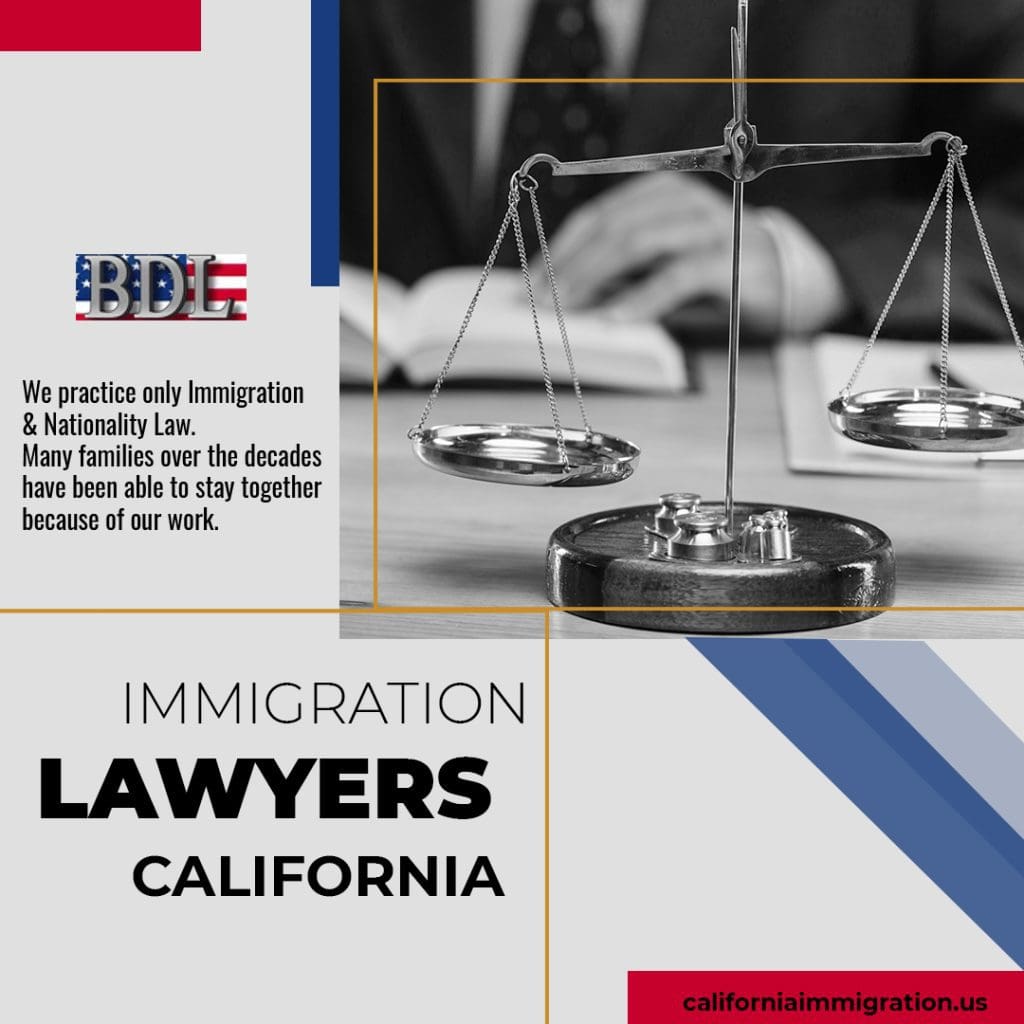
Citizenship – Bureau of immigration
“Department of Justice Approval” for Citizenship? Here’s How Naturalization Really Works
Short answer: the Department of Justice (DOJ) does not approve citizenship applications.
Naturalization is adjudicated by U.S. Citizenship and Immigration Services (USCIS)—an agency of the Department of Homeland Security (DHS). DOJ’s role is different and comes into play only in courts or in litigation.
Who actually approves your case
- USCIS reviews Form N-400, takes biometrics, conducts the English/civics interview, evaluates good moral character, and decides the application.
- If approved, USCIS administers (or schedules) your Oath of Allegiance. In some districts, a federal judge presides over the oath ceremony, but the adjudication is still USCIS’s.
Where DOJ fits in
- Before 2003, the now-defunct INS (within DOJ) handled benefits. Since DHS was created, that authority rests with USCIS.
- Today, DOJ’s Executive Office for Immigration Review (EOIR) runs immigration courts—which generally do not hear naturalization cases.
- If USCIS denies an N-400, you may first request an administrative hearing (N-336). After that, you may file a new civil action in U.S. district court under 8 U.S.C. § 1421(c). In that lawsuit, the DOJ (through U.S. Attorneys) represents the government, and the judge reviews your eligibility de novo—the court can grant naturalization or remand to USCIS.
- DOJ may also prosecute denaturalization cases (rare) or defend the government in related litigation; that is not an “approval” process.
What you should do to get approved
- Eligibility audit: Five years as an LPR (or three if married to a U.S. citizen), continuous residence/physical presence, Selective Service compliance, and taxes paid.
- Evidence of good moral character: Certified court dispositions, child-support records, and clean, consistent filings.
- Prepare for the interview: Use USCIS study materials; request exemptions (50/20, 55/15, 65/20) or medical waiver (N-648) if applicable.
- If denied: File N-336 timely; consider § 1421(c) judicial review if the administrative appeal fails.
Bottom line: USCIS approves citizenship. DOJ appears if your case reaches court—either to defend USCIS or when a federal judge ultimately decides your eligibility.

